Iran ready for any JCPOA-related scenario: Deputy FM
Iran has warned that it is well prepared to deal with any possible scenario related to the future of the country's nuclear agreement with world powers, known as the Joint Comprehensive Plan of Action (JCPOA).
Iranian Deputy Foreign Minister Abbas Araqchi made the announcement on Wednesday, stressing that if the US tries to leave the agreement, it will be faced with a firm and appropriate response by Tehran.
"We will powerfully defend the Islamic Republic of Iran's interests in the face of measures by the US president. We are ready to counter and defend against any scenario," he added.
US President Donald Trump has repeatedly described the JCPOA, which was negotiated under his predecessor, Barack Obama, as “the worst and most one-sided transaction Washington has ever entered into,” a characterization he often used during his presidential campaign, and threatened to tear it up.
Read More:
- Following suit with US on nuclear deal humiliating for Europe: Salehi
- Tehran will win if Trump pulls out of nuclear deal: Dennis Ross
- Keeping Iran nuclear deal in place vital for EU: Mogherini
Trump has threatened to pull out of the JCPOA unless Congress and America's European allies help "fix" it with a follow-up agreement within a 120-day deadline.
Araqchi further noted that the world will see how fast Tehran can reactivate its capacities and even bolster them to a much higher level than before the nuclear agreement was concluded.
"European countries are currently negotiating with each other and the US" about the future of the JCPOA, he added.
The deputy foreign minister's remarks come ahead of a May 12 deadline for Trump to decide whether to extend waivers of economic sanctions on Iran.
On Tuesday, Iranian Foreign Minister Mohammad Javad Zarif said Tehran's reaction will be "unpleasant" for the US if it decides to ditch the JCPOA.
"If the US decides to exit from the JCPOA the reaction it will receive from Iran and the international community will be unpleasant," said Zarif while addressing reporters in Dushanbe, Tajikistan, before returning to Tehran on Tuesday.
He added that Iran has on multiple occasions stressed that in the case of such an event it will safeguard its national interests.
Zarif further noted that the JCPOA is a multilateral deal which cannot be renegotiated.
Iran and the five permanent members of the United Nations Security Council – the US, France, Britain, Russia and China – plus Germany signed the nuclear agreement on July 14, 2015 and started implementing it on January 16, 2016.
Under the JCPOA, Iran undertook to put limits on its nuclear program in exchange for the removal of nuclear-related sanctions imposed against Tehran.
VIDEO | Press TV's news headlines
VIDEO | Merowe Dam targeted as youth mobilize to protect Sudan’s Northern State
VIDEO | India faces scrutiny over minority worship attacks
VIDEO | UN special rapporteur says third states have enabled Israel’s crimes in Gaza
Son of former Libyan ruler Gaddafi killed in ‘home attack’: Aides
Iran finalizes planning for talks with US; venue to be announced: Foreign Ministry
VIDEO | The official opening of Rafah Crossing
VIDEO | Iran prepared for equitable dialogue






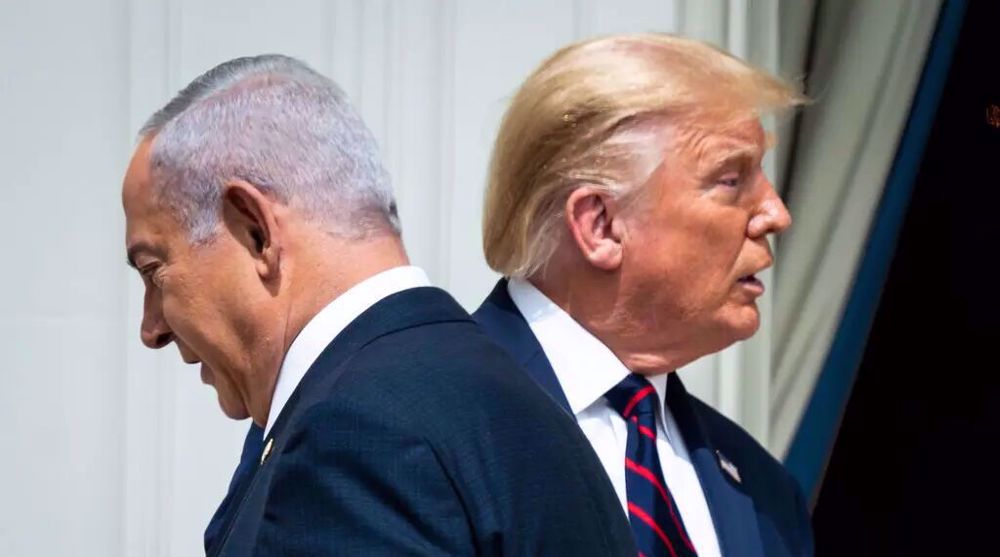
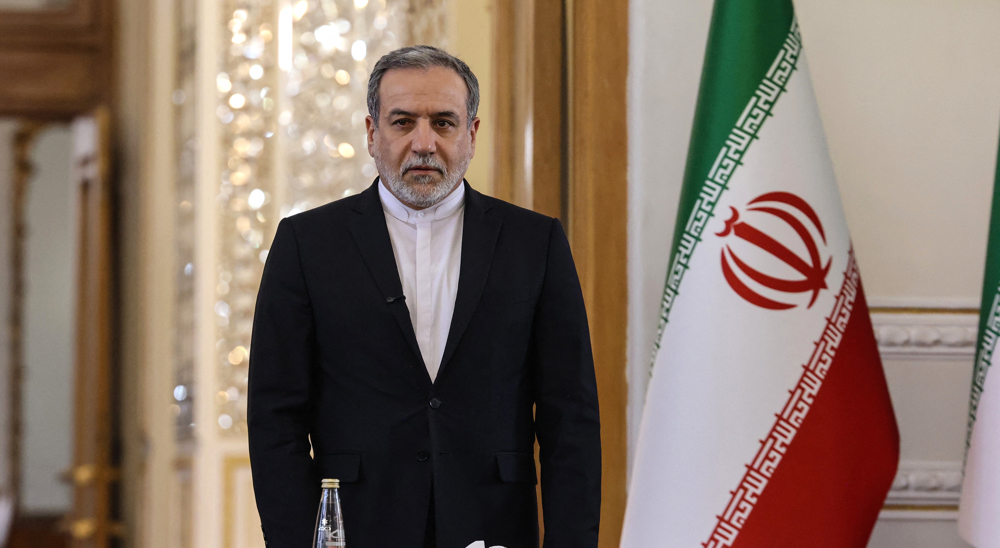




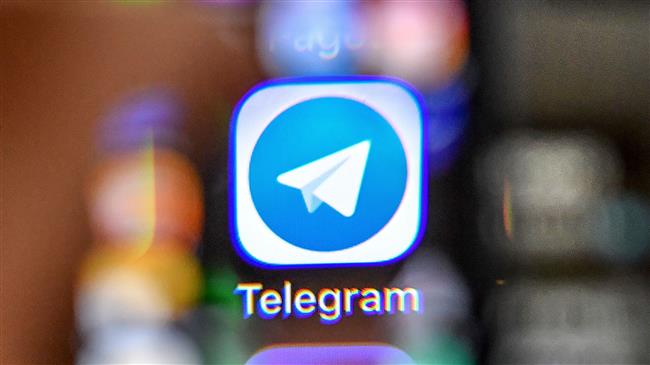
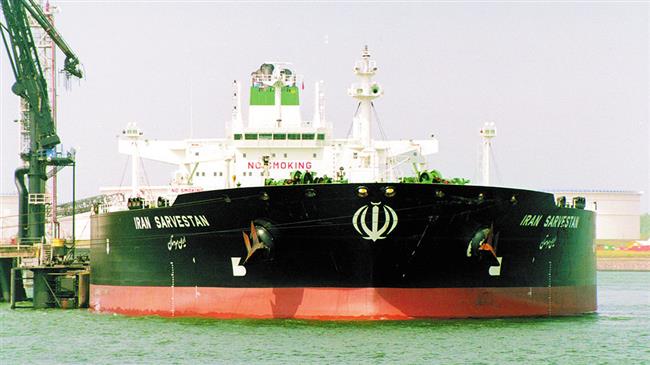
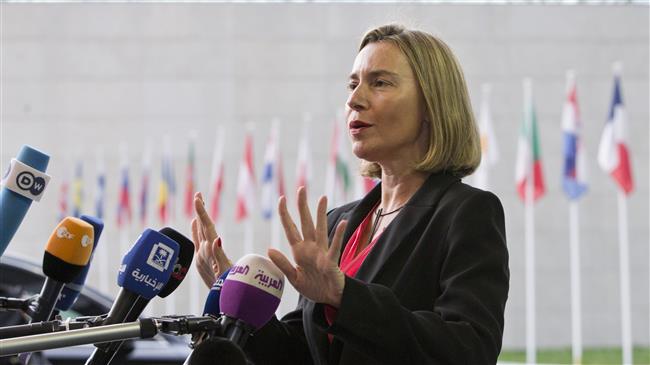

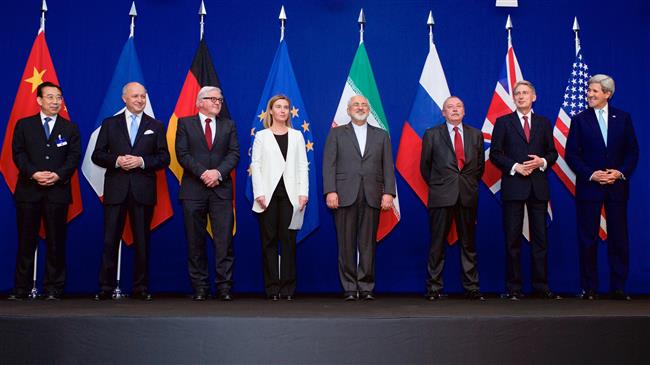

 This makes it easy to access the Press TV website
This makes it easy to access the Press TV website